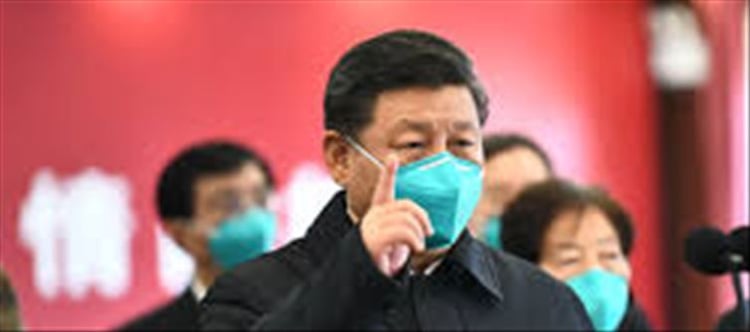
Accordingly in mid-February, an international team of medical experts converged on beijing to learn more about the novel Coronavirus. Dispatched by the World health Organization after delicate talks with the Chinese government about its composition and agenda, it included some of the brightest lights in epidemiology and virology, affiliated with institutions including the National Institutes of health, the university of hong kong, and Germany’s national infectious-disease center. They would be accompanied by a group of Chinese scientists, and would be responsible for producing a joint report on the nature of the virus and how it was spreading within the world’s most populous country.
the first day of the trip, the non-Chinese members gathered to discuss their so-called terms of reference the subjects they intended to learn more about as they visited hospitals and research institutions. It was Feb. 16, a little over a week after Li Wenliang, the wuhan doctor who was reprimanded by local officials when he tried to warn colleagues that a dangerous new pathogen was on the loose, had succumbed to the virus himself. Li’s death was huge news in china, prompting an outpouring of rage on social media and wide international coverage. But whether warnings had been suppressed in wuhan then the virus epicenter during the early days of the outbreak would not be part of the team’s brief. “It was not going to be helpful,” Dale Fisher, an infectious-disease specialist at the National university of singapore who was part of the group, said in an interview.
While that decision undoubtedly made sense for the scientists, it was also an example of why, at a time when the WHO is trying to coordinate the response to the worst pandemic in a century, it faces an unprecedented political challenge rooted in concerns about its relationship with China. The trump administration ramped up its attack on the organization this week, threatening to permanently cut its funding and reconsider U.S. membership if the WHO doesn’t enact a sweeping overhaul. While those demands look like an attempt to distract from the U.S.’s own failures in containing the coronavirus, the white house isn’t alone in raising concerns: australia and canada also called for inquiries into the origins of the pandemic and the WHO’s response to it.




